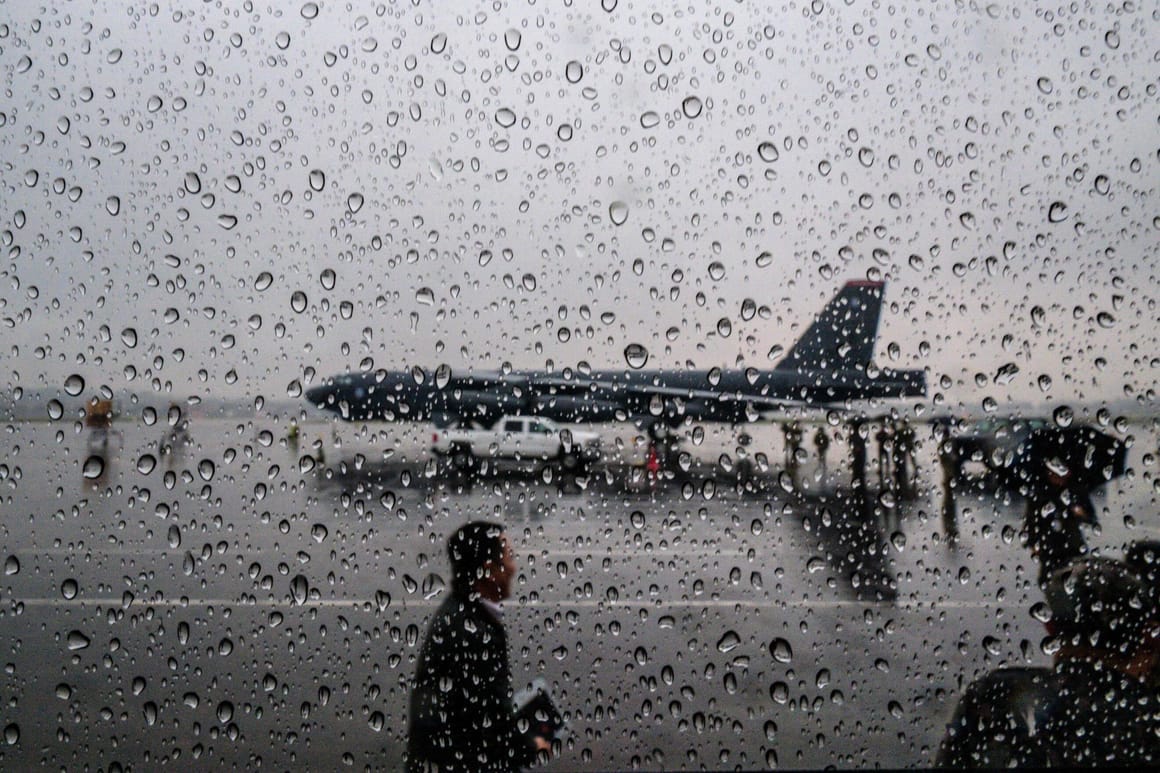There is no such thing as good nuclear proliferation
In a world less constrained by international norms and rules, and increasingly governed by sheer power, the strictures that long constrained nuclear proliferation are untangling

While attending a virtual transatlantic seminar on burden sharing recently, I heard two Americans arguing that Washington needed to prioritize military engagement in Asia over continued engagement in Europe — a view closely aligned with the incoming administration.
But my ears perked up when one of them said the U.S. “would maintain its extended nuclear deterrent,” even though Europe would need to defend itself against Russia’s military threat. This was reassuring, for America’s nuclear arsenal has been the cornerstone of NATO’s nuclear security for decades.
However, I have my doubts. NATO’s nuclear history consists of one long effort to reassure nonnuclear European allies that the U.S. would risk the destruction of New York or Washington to defend Berlin or Warsaw. One way it has done so is by deploying nuclear weapons in Europe and offering some European allies to fly their own aircraft carrying U.S. nuclear weapons.
The more important reassurance, however, has always involved the deployment of U.S. troops on the front line, which guarantees America will be involved in any war from the very first shot. It is those troops that make America’s security commitment, including its nuclear deterrent, very real — both for Russia and for NATO allies.
When I pointed this out, though, the presenter suggested that European countries may want to consider getting nuclear deterrents of their own then. After all, they argued, Washington had supported “good proliferation” before — just look at France and the U.K. But while this view isn’t all that far removed from what President-elect Donald Trump has been saying, it’s also a very slippery slope.
To read the full article, visit Politico.eu





You write, "The more important reassurance, however, has always involved the deployment of U.S. troops on the front line, which guarantees America will be involved in any war from the very first shot."
It seems reasonable to ask why it is in America's interest to be involved in YET ANOTHER European war from the first shot. If the US were to go to war with Mexican drug cartels would the EU consider it to be in their interest to be involved in that war from the very first shot?
According to ChatGPT, England and France have a combined total of around 500 nuclear weapons. That's enough to erase all of Russia's major cities a number of times over. Both countries have nuclear subs.
On top of that the EU is roughly five times richer than Russia, which means they can prevail in any arms race should they choose to do so.
Going forward, isn't Western culture in a better security position if the EU can independently defend itself?